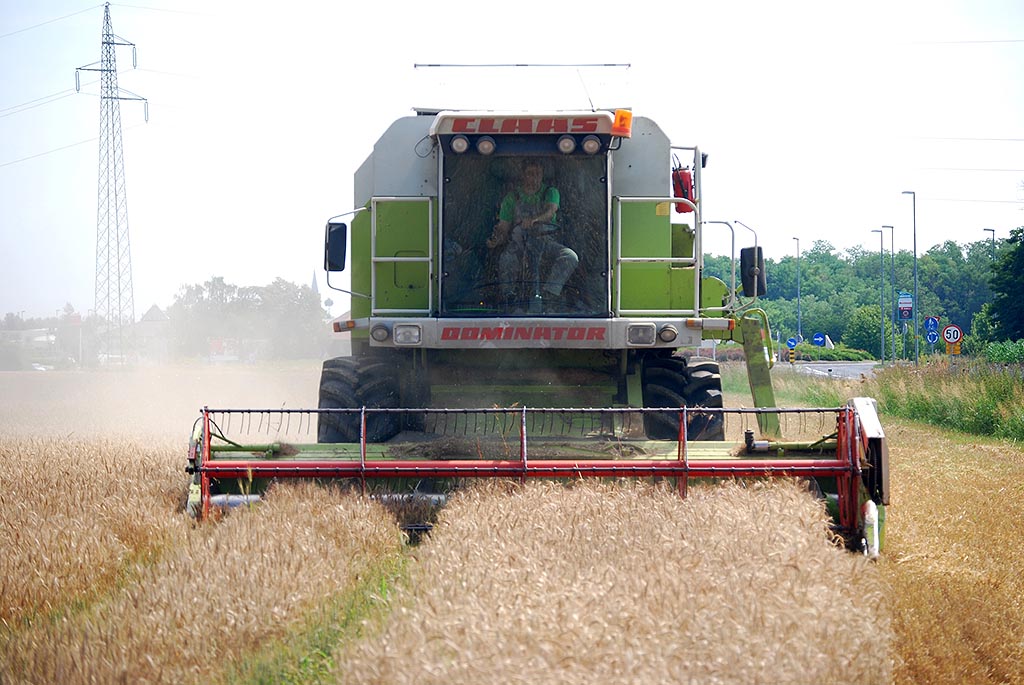By: J.S.,STA
Agriculture Minister Jože Podgoršek said that everything should be done for Slovenian wheat to stay in Slovenia, as he spoke to the press after a session of the commission for purchase and sale of grains in Ljutomer on Tuesday. The meeting also aimed at reaching agreement on models for calculating costs of wheat production.
Such an agreement would enable stakeholders in the wheat chain to conclude binding contracts with Slovenian farmers now so that Slovenian wheat stays in Slovenia when harvested, said Podgoršek.
Borut Florjančič, head of the Slovenian Co-operatives Association, urged a concrete agreement so that farmers know where they stand. “If there is no agreement, then we shouldn’t criticise farmers for selling wheat abroad.”
Podgoršek and the commission’s head, Franc Küčan, meanwhile stressed that there was enough wheat in Slovenia until the harvest while retailers were also well stocked on it.
Küčan also said that there was no need for people to overbuy food. Podgoršek expressed the same view at Monday’s EU ministerial on food safety amid the Ukraine war.
Küčan believes that Slovenian farmers can produce 150,000 tonnes of wheat this year, but said that “all wheat should be controlled, properly classified and processed”.
The commission will propose that wheat with 9.5% of protein content is also used for bread. Last year, some 20,000 tonnes of such wheat was made into fodder.
Slovenian bread wheat was sold at EUR 185 per tonne in 2021, with best-quality wheat fetching EUR 215, while the price on wheat markets now tops EUR 350.
Minister Podgoršek said that global wheat prices were bound to fluctuate considerably in the coming months until a balance was found between offer and demand.
Slovenia does not import grains from Ukraine or Russia, but imports common wheat and corn from neighbouring countries, chiefly Hungary and Croatia.
Eurostat data shows EU countries produce on average 282 million tonnes of grains a year, of which 123 million tonnes of common wheat and 68 million tonnes of corn.
The EU’s self-sufficiency rate for grains is at 112%, 136% for wheat and 85% for corn, according to data cited by the Agriculture, Forestry and Food Ministry.
What worries Slovenia is that some countries could stop exporting mineral fertilisers as the country imports most of them from Croatia and Russia, the ministry said.
The commission for purchase and sale of grains consists of representatives of the Chamber of Agriculture and Forestry, the Co-operatives Association and the Trade Union of Farmers.
